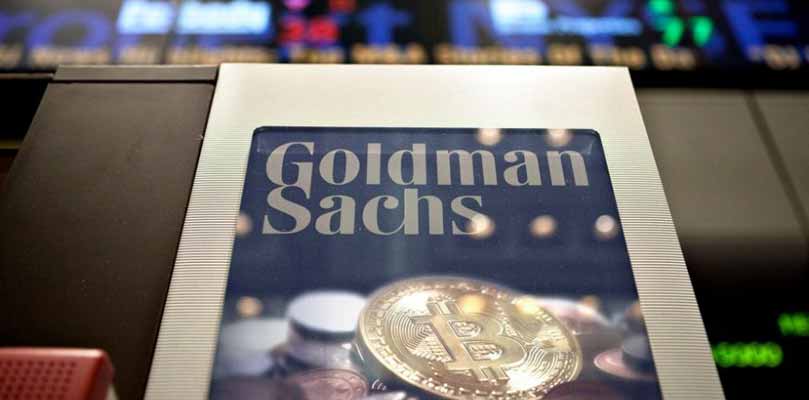The Swiss Financial Market Supervisory Authority, otherwise known as FINMA, has instructed Swiss banks that are dealing in crypto assets to apply an 800 percent risk weighting the market value of said assets when “calculating loss-absorbing capital buffers. The news of this was delivered in a confidential letter that the regulator recently sent to swissinfo.ch.
What It Means
As per the terms of the regulator’s new requirements, securities dealers and banks will be required to assign a flat risk weight of 800 percent – which will be used to cover both market and credit risks – against digital assets. Therefore, considering bitcoin’s current value or price ($6,000), the banking institutions would be required to value each of the coins on their books at $48,000 when making decisions regarding adequate levels of buffer. This is regardless of whether the positions are held in a trading or banking book.
Even though FINMA has openly allowed banks in the country to trade bitcoin and other crypto assets, the regulator has not made any effort to integrate cryptocurrencies into the country’s liquidity ratios or Base III capital requirements. Risk weightings are a measure of an asset’s volatility as well as their potential to compromise the capital base of any given bank. Naturally, a higher risk weighting is largely an indication of skepticism – the higher the risk weighting, the lesser amount of the asset that a bank should hold.
“FINMA has recently received an increasing number of enquiries from banks and securities dealers holding positions in crypto assets and are subject to capital adequacy requirements, risk distribution regulations and regulations for the calculation of short-term liquidity ratios,” the letter, dated October 15, reads.
This move is an indication that FINMA is clearly still very skeptical of digital currencies despite the fact that some of them have steadily stabilized over the past year. Bitcoin, for instance, has been priced at around $6,000 over the past few months.
Not So Surprising Positive Reactions
It is undeniable that the asset class is extremely volatile but there is a lot of great signs with more and more banks all over the world offering crypto related products. Switzerland happens to be one of the few places where banks and trading products have been in business for quite a while. SEBA Bank, one of the Swiss banks that is hoping to win a license to operate full banking services to bridge fiat currencies and crypto.
“It’s encouraging to see banks no longer turning down the increasing number of client requests for crypto services but asking for guidance and providing their input along the way,” the Bitcoin Association of Switzerland stated. “This is the Swiss financial center’s first step towards moving into the next decade where assets are no longer held in single, central custody but instead are held on the blockchain.”
FINMA’s new regulations are certainly going to present a new set of hurdles for banks hoping to offer crypto trading services but with such positive reactions, something good may eventually come of it.









